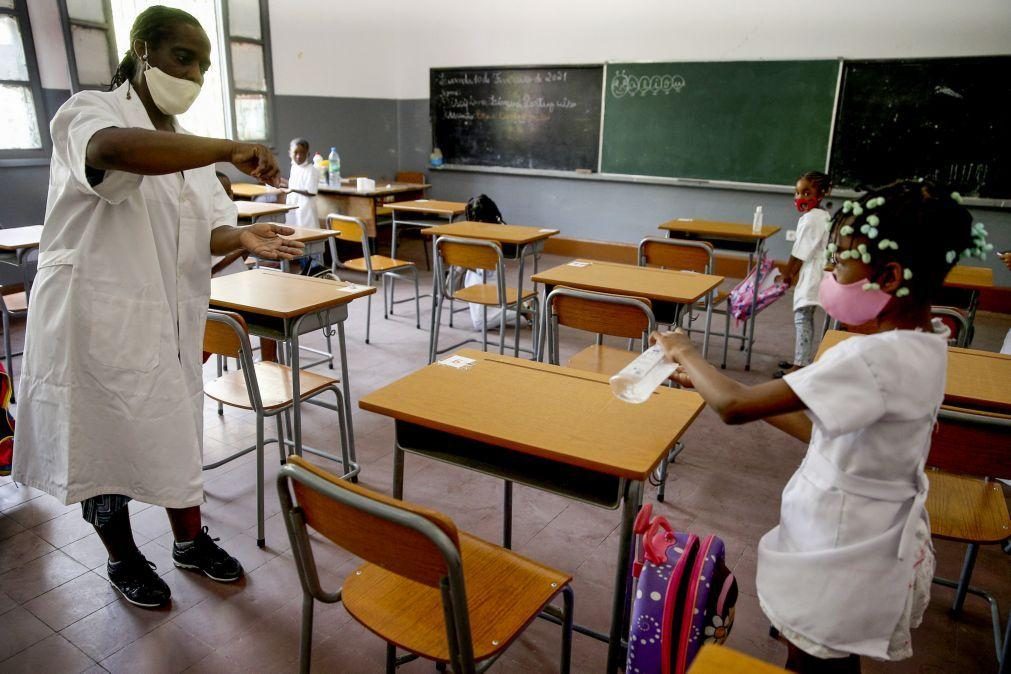Almost 50% of Angolan students in rural areas and approximately 15% of urban students did not return to school after covid-19, the Minister of Education said today, stressing that there are other “worrying” factors, such as early pregnancy.
Luísa Grilo was speaking to journalists on the sidelines of the presentation of a scholarship program that includes a Project for Empowerment of Girls and Learning for All, stating that more studies will be developed to quantify and ascertain the extent to which early pregnancy keeps girls away from school.

The program will benefit about 900,000 primary school students in 68 municipalities across the country and contribute to reducing the school dropout rate of girls and boys, she said.
“We know that in this age group, especially among girls, dropping out of school is very frequent, and we want the students to finish at least the 12th grade,” said Grilo, stressing that girls are a priority.
“Unfortunately, they are the ones who drop out in the first place, for various reasons,” the most problematic of which is teenage pregnancy.
The project includes a sexual and reproductive health component for young people and a scholarship that will incentivize them to stay in school instead of trading it for “small businesses”.
It also aims to respond to those who have dropped out of school through second-chance education.
“As there is a mismatch between their age and the grade they should study, we are adopting an apprenticeship program for adolescents to recover lost learning, which is one of the components of the project, through the massification of distance learning,” said Luísa Grilo.

